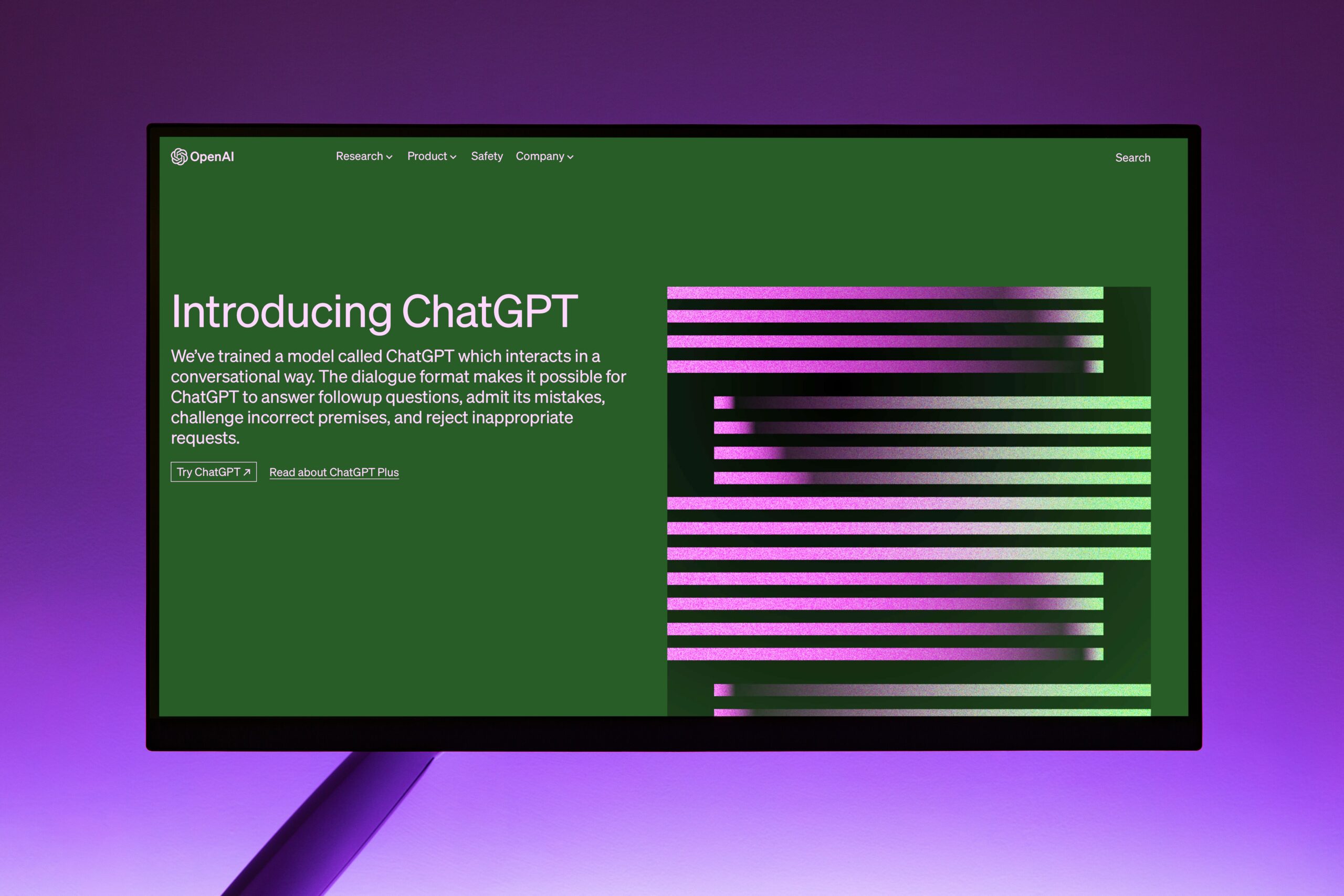Artificial intelligence (AI) has become a buzzword across industries, and education is no exception. The recent news about ChatGPT, the most powerful AI language model developed by OpenAI, has sparked a debate on the use of AI in education, especially when it comes to assessing students.
As reported by Euronews Next, teachers are concerned about AI-driven cheating and are questioning their teaching and assessment methods. While some institutions like the prestigious Sciences Po University in Paris have banned the use of AI text generators like ChatGPT, others are exploring ways to integrate these tools into their teaching.
One such example is Cécile Cathelin, a teacher at a high school in the French city of Tours, who decided to integrate ChatGPT into her lessons in January. Cathelin uses ChatGPT to provide a first draft on a given assignment, which the students then have to enrich with their personal knowledge, in small groups.
ChatGPT is capable of generating natural-sounding text on demand, including in a specific style or in several languages, in just a few seconds. The quality of the copy it produces is sufficient to impress teachers in secondary and higher education, and even researchers.
However, some teachers perceive AI text generators like ChatGPT as a cheating aid, and experts question whether banning such tools is really effective. Students can always access these tools through other means than school devices, and blocking access to a digital tool whose use is likely to grow in the professional world in the coming years may not be the best approach.
Instead, teachers can work with ChatGPT to provide a new way of learning for students. For example, ChatGPT can produce a text with different language levels, making it useful for students whose mother tongue is not the language being taught. It can also generate recurrent syntactic structures, which can be a valuable learning aid for students with disabilities.
In conclusion, the use of AI in education is a topic that requires careful consideration. While there are concerns about cheating, banning the use of AI text generators like ChatGPT may not be the best approach. Instead, teachers can work with these tools to provide a new way of learning that benefits all students, regardless of their language level or disabilities. The key is to use AI as a tool, not as a replacement for traditional teaching and assessment methods.
European Diplomats believe in the power of AI tools and are increasingly working with them to enhance their work. We believe that AI tools can provide insights and analysis that can aid decision-making and policy development. In education, AI tools have the potential to revolutionise the way we learn and teach, and European educators are exploring innovative ways to incorporate these tools into the classroom.
Source: https://www.euronews.com/next/2023/01/28/students-are-using-chatgpt-to-do-their-homework-should-schools-ban-ai-tools-or-embrace-the



